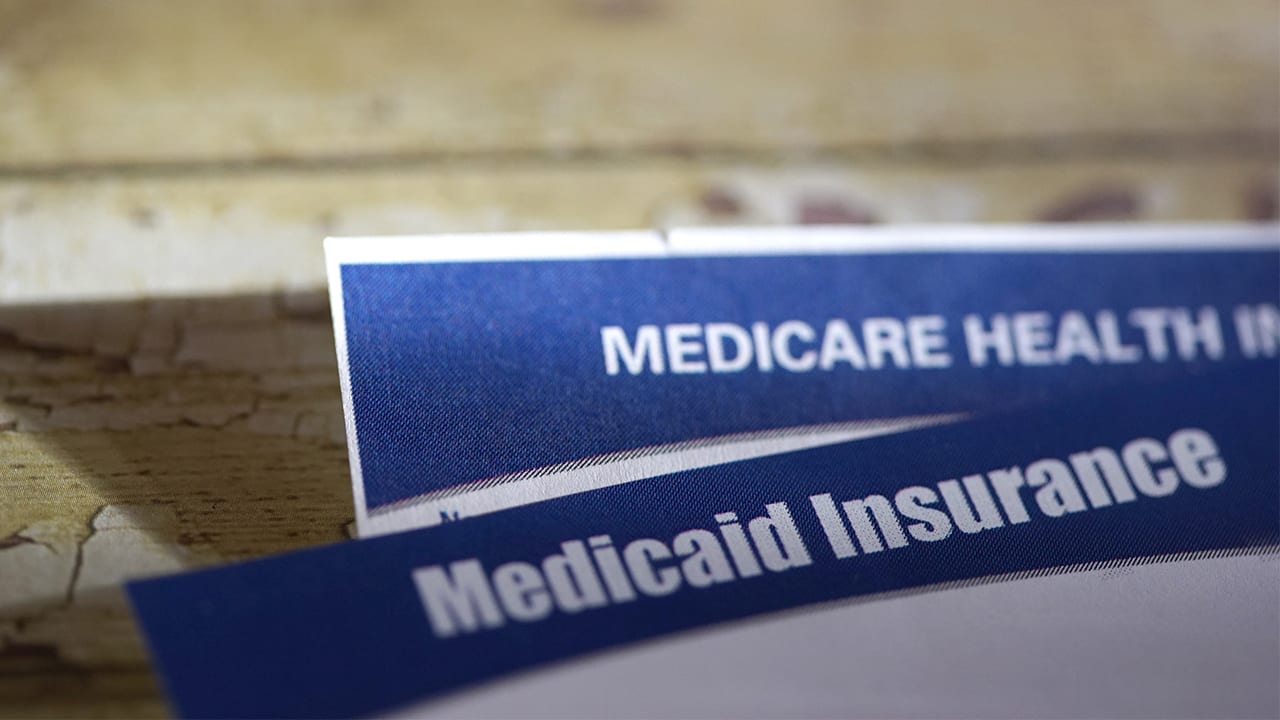Christopher Plein, Ph.D. OneOp Military Caregiving Concentration Team and West Virginia University
During times of local, regional, and national crisis, vulnerable and elderly populations have often been assisted by flexible and responsive actions provided under the Medicaid and Medicare programs. A joint federal and state program, Medicaid, provides coverage for many low-income families as well eligible individuals with disabilities. Medicare, a federally administered program, covers those over the age of 65 and certain groups of individuals with disabilities. According to the Kaiser Family Foundation, together these programs cover approximately one third of the U.S. population. In times of crisis, these programs are often utilized to assist those most in need or to ensure coverage continues for those whose lives have been disrupted by disaster or emergencies.
On June 24, Andy Crocker and Christopher Plein of the MLFN Caregiving Team hosted a webinar that reviewed key efforts now underway to serve individuals affected by the COVID-19 Pandemic through Medicaid and Medicare. Among the major “takeaways” of the presentation:
- Medicaid is leading the way in many state level responses. Existing federal law and regulation (called Section 1135 Waivers) give states discretion and flexibility to ease certain eligibility and enrollment practices to ensure that individuals receive health coverage. Depending on the state, this might include “presumptive eligibility” that allows for coverage before formal eligibility determination, continuous eligibility that ensures ongoing coverage, and the easing of residency requirements for those temporarily displaced.
- Under recent federal legislation called the Families First Coronavirus Response Act, new provisions allow for greater flexibility in both Medicaid and Medicare to more effectively respond to need. For example, both programs have loosened restrictions on telehealth services allowing easier access for homebound beneficiaries. Both programs have helped to facilitate the movement of healthcare professionals across state boundaries to meet care needs in areas most affected by COVID-19. The act also prohibits charging co-pays or requiring prior-authorization for COVID-19 testing.
- Because Medicaid and Medicare provide both direct benefits to those enrolled and indirect benefits to the general population, healthcare systems, and communities, the new federal legislation also has authorized additional funding to be directed to states and providers to help sustain healthcare systems. This includes additional monies to the states for their Medicaid programs and “provider relief” funding to hospitals and other providers.
Medicaid & Medicare for Military Families
Both Medicaid and Medicare are highly relevant to military families and the military community. Military families that have family members with special health needs may find Medicaid to be a resource that will supplement existing TRICARE benefits. Extended family members and parents may qualify for the program. As we care for aging parents and relatives, and as we get older, it is easy to recognize how Medicare has become an important part of the healthcare landscape. We encourage you to visit our Medicare & Medicaid resource page to view past blogs and webinars dedicated to these two crucial programs.
Given recent and current developments, there are also many helpful resources that have been provided by various federal agencies, research institutes and other authorities. We suggest the following:
- Artiga, Samantha et al. 2020. “How Can Medicaid Enhance State Capacity to Respond to COVID-19.” Issue Brief. Kaiser Family Foundation.
- Cubanski, Julliette and Meridith Freed. 2020. “FAQs on Medicare Coverage and Costs Related to COVID-19 Testing and Treatment.” Kaiser Family Foundation.
- Kaiser Family Foundation. 2020. “State Data and Policy Actions to Address Coronavirus.” (June).
- Landucci, Rebecca et al. 2020. “How States Are Facilitating Medicaid Enrollment During COVID-19 and How They Can Do More.” Health Affairs Blog (June 17).
- S. Department of Health and Human Services. 2020. “Cares Act Provider Relief Fund.”
In this time of national emergency during the COVID-19 Pandemic, we are committed to sharing resources and keeping you up to date on matters relevant to military family readiness and support.















